At the height of the Ebola crisis in 2014, the majority of the Ebola Response Workers (ERWs) were not receiving their share of the hazard pay, which was the monetary payment that had been promised to them in return for the dangerous and critical work that they were doing in treating Ebola patients.
ERWs were also having to pay up to 50% of their earnings to supervisers due to inherent patronage structures, and there was no system in place which could hear out their complaints and address them promptly. ERWs also often had to travel long distances to collect their hazard pay, which proved detrimental to their work and livelihood. Due to all these factors, the ERWs, who formed the backbone of the Ebola crisis response, were threatening to go on strike.
Fraudulent activities were also rampant, with some ERWs double-dipping into the hazard pay through ghost profiles and no one to catch them due to lack of transparency and structured management.

iDT Labs was brought in by UNDP, UNCDF and the National Ebola Response Centre to design and implement a solution.
We developed a worker registration and payment system that was integrated with the existing mobile payment eco-system. By leveraging open source components, a solution was rolled out in two weeks.
Through this unique solution we verified the identity of 27,000 ERWs in all 14 districts of Sierra Leone via biometric verification and distributed hazard payments directly to them via mobile money.
We implemented an end-to-end data collection system that used smartphones, open source computer vision tools, ODK data collection toolkits and cloud computing to verify the mobile money payment processing and biometric verification of all ERWs. We also provided on ground technical, logistic and operational support to the verification team. We also verified the number of ghost dippers and fraudulent ERW workers in the system, and reported issues of hazard money mismanagement to the NERC.



